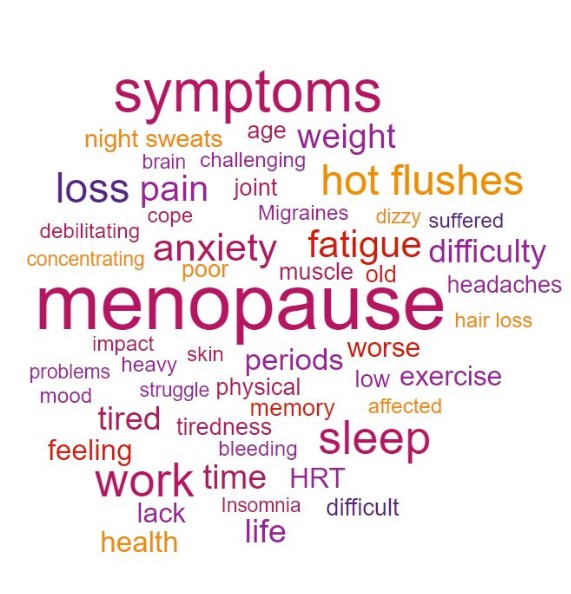A personal story about life post menopause





How is it possible that even those who will go through menopause know so little about what to expect from it? It’s partly because the condition has been feared or misunderstood throughout the ages. Society has a long history of women being treated as bewitched, or mentally ill if all of a sudden when they have an inability to bear children, they suddenly seem to be acting so differently. Society doesn’t look at aging as a good thing. Unfortunately, menopause is a part of that.